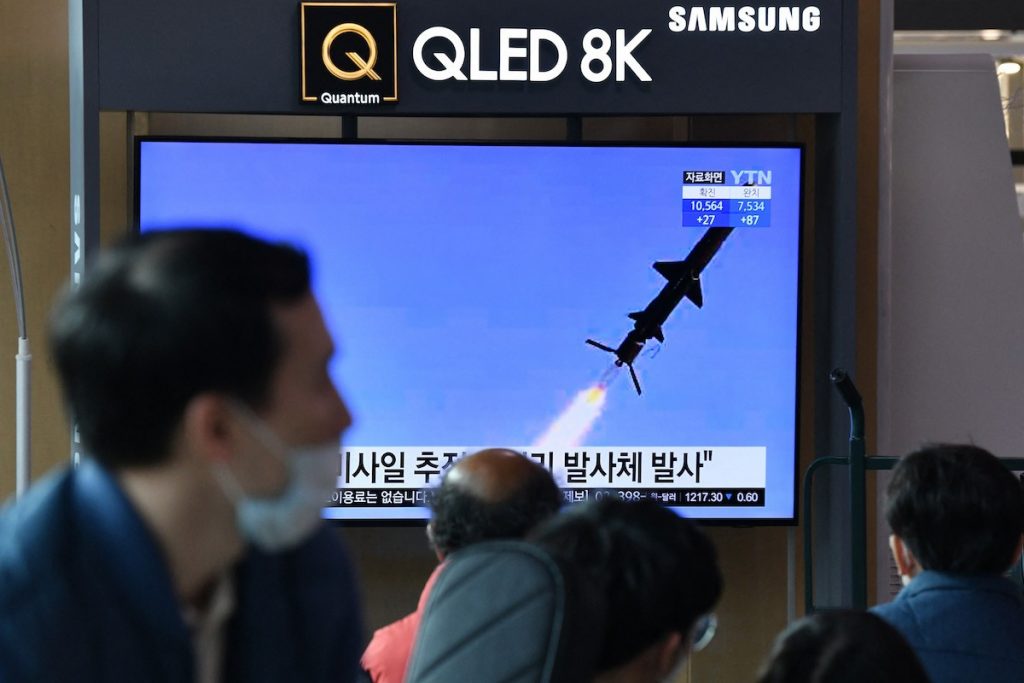
North Korea has been enslaving political prisoners, including children, in coal production to boost exports and earn foreign currency as part of a system directly linked to its nuclear and missile programs, a South Korea-based human rights group said on Feb. 25.
The Seoul-based Citizens’ Alliance for North Korean Human Rights (NKHR) released a study analyzing an intricate connection between North Korea’s exploitation of its citizens, the production of goods for export, and its weapons programs.
The report, titled “Blood Coal Export from North Korea: Pyramid scheme of earnings maintaining structures of power,” said Pyongyang had been operating a “pyramid fraud-like” scheme to force those held in prison camps to produce quotas of coal and other goods for export.
Its findings offered a deeper look into how the camps contribute to North Korea’s shady coal trade network, after the United Nations banned its commodity exports to choke off funding for Pyongyang’s nuclear and ballistic missile programs, and after human rights agencies reported on gross rights violations within the camps.
There was no immediate reaction from North Korea’s diplomatic mission in Geneva to a request for comment.
North Korea violated United Nations sanctions to earn nearly $200 million in 2017 from banned commodity exports, according to a confidential report by independent UN monitors released in early 2018.
The NKHR report cited interviews with former prisoners who escaped to the South and other defectors with knowledge about the dealings, along with other sources such as satellite images, and data from the South Korean and US governments.
The United Nations estimates up to 200,000 people are held in a vast network of gulags run by Stasi-like secret police, many of which are located near mining sites. A 2014 UN Commission of Inquiry report said the prisoners are facing torture, rape, forced labor, starvation and other inhumane treatment.
Last December, the United States imposed new sanctions, blacklisting six companies, including several based in China, and four ships accused of illicit exports of North Korean coal.
“Quotas of products for export are met through the enslaved labor of men, women and children in detention camps owned and operated by secret police,” the NKHR report said.
Camp 18, for example, is in the central mining county of Bukchang. Former prisoners interviewed by the NKHR reported at least 8 million tons of coal was produced there in 2016.
The secret police, formally known as the Ministry of State Security, handle shipments of goods exported by Bureau 39, a covert secret fund for leader Kim Jong Un’s family, with links to the production of nuclear, biological and chemical weapons, the report added.
Joanna Hosaniak, deputy director general at the NKHR, said the investigation was intended to highlight the key role of the “state-sponsored system of slavery” in shoring up Kim’s political and financial power and its nuclear programs, just as US President Joe Biden reviews his North Korea policy.
Source: Licas Philippines
0 Comments